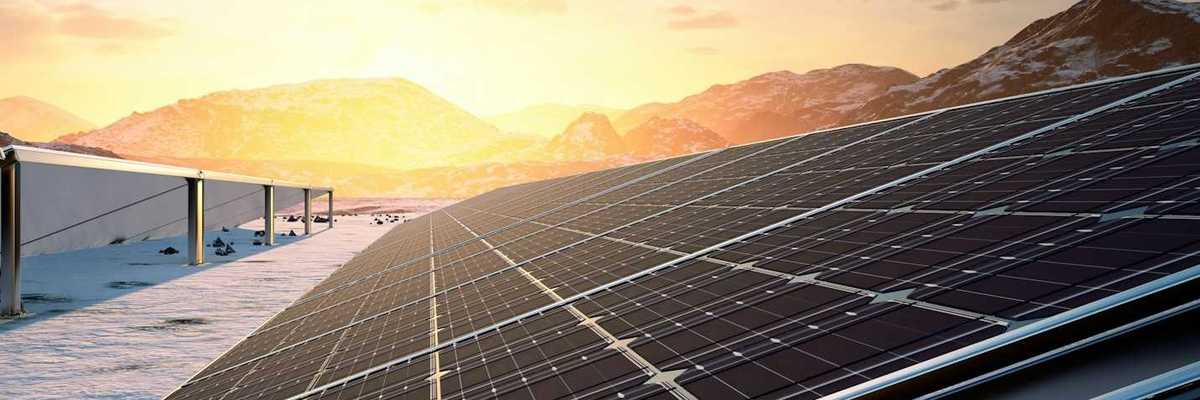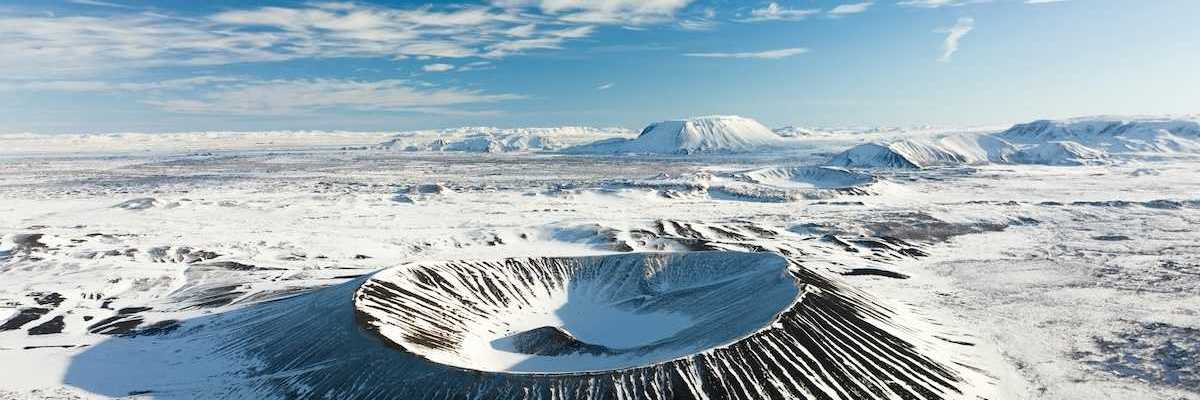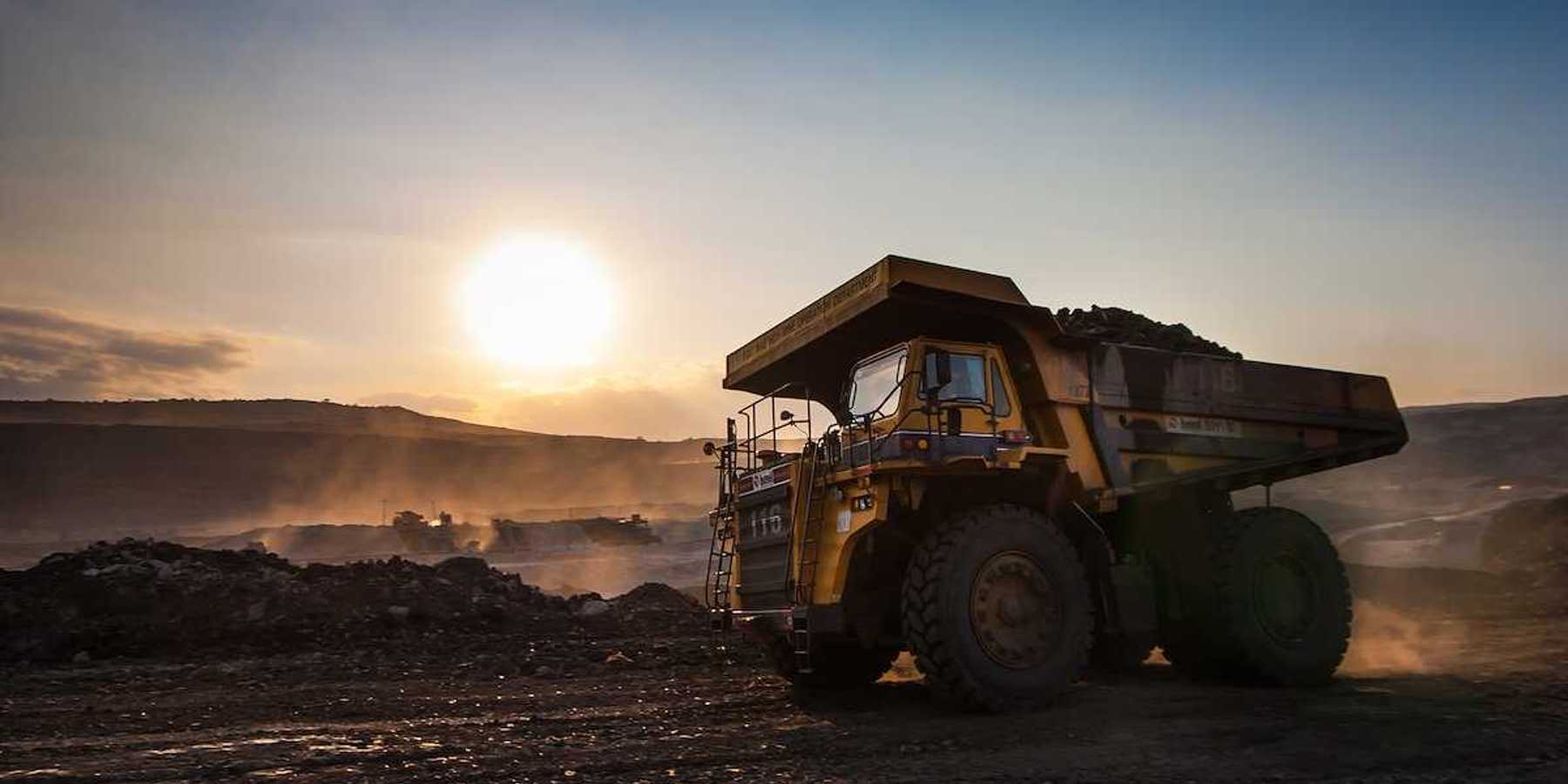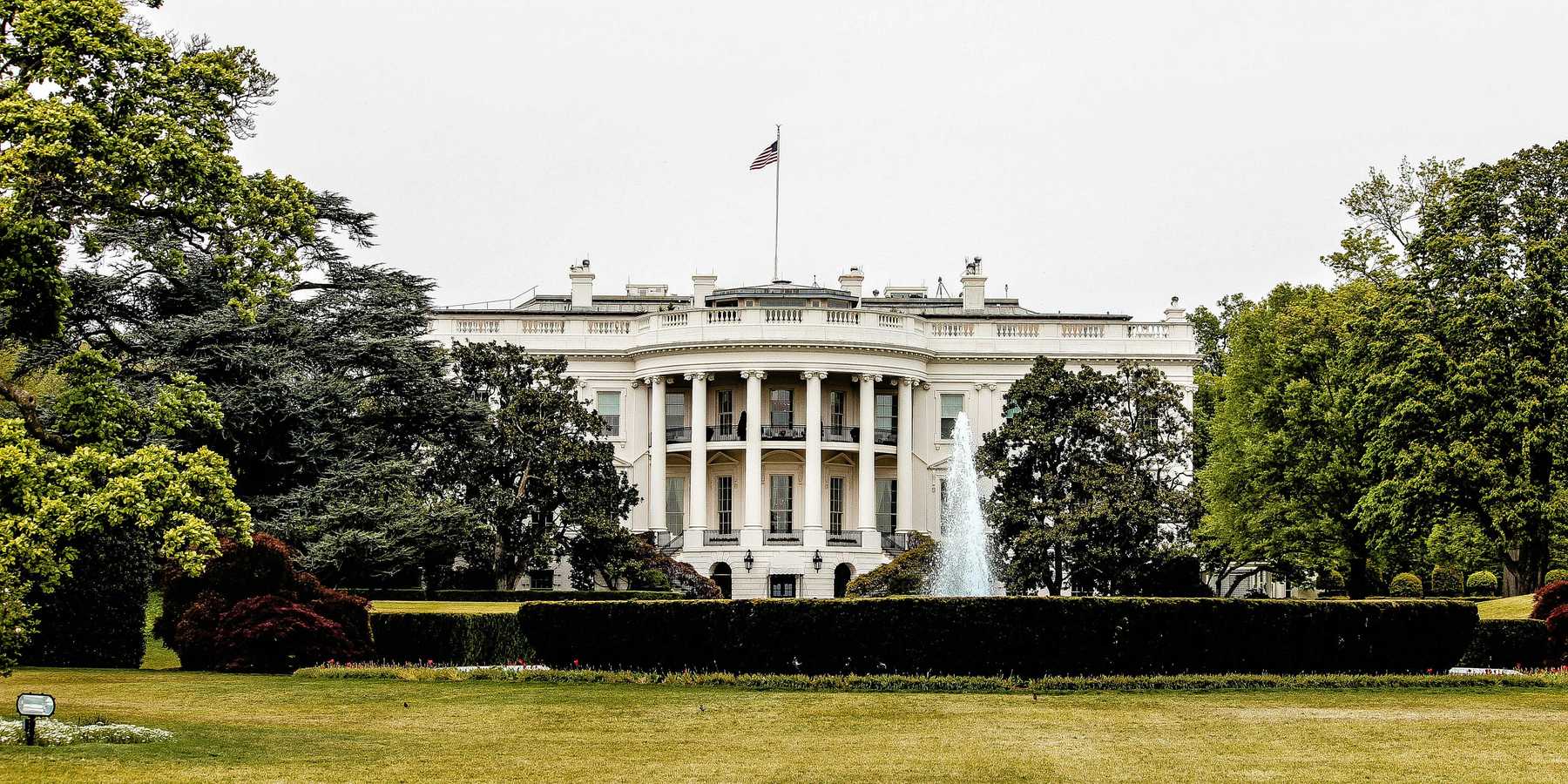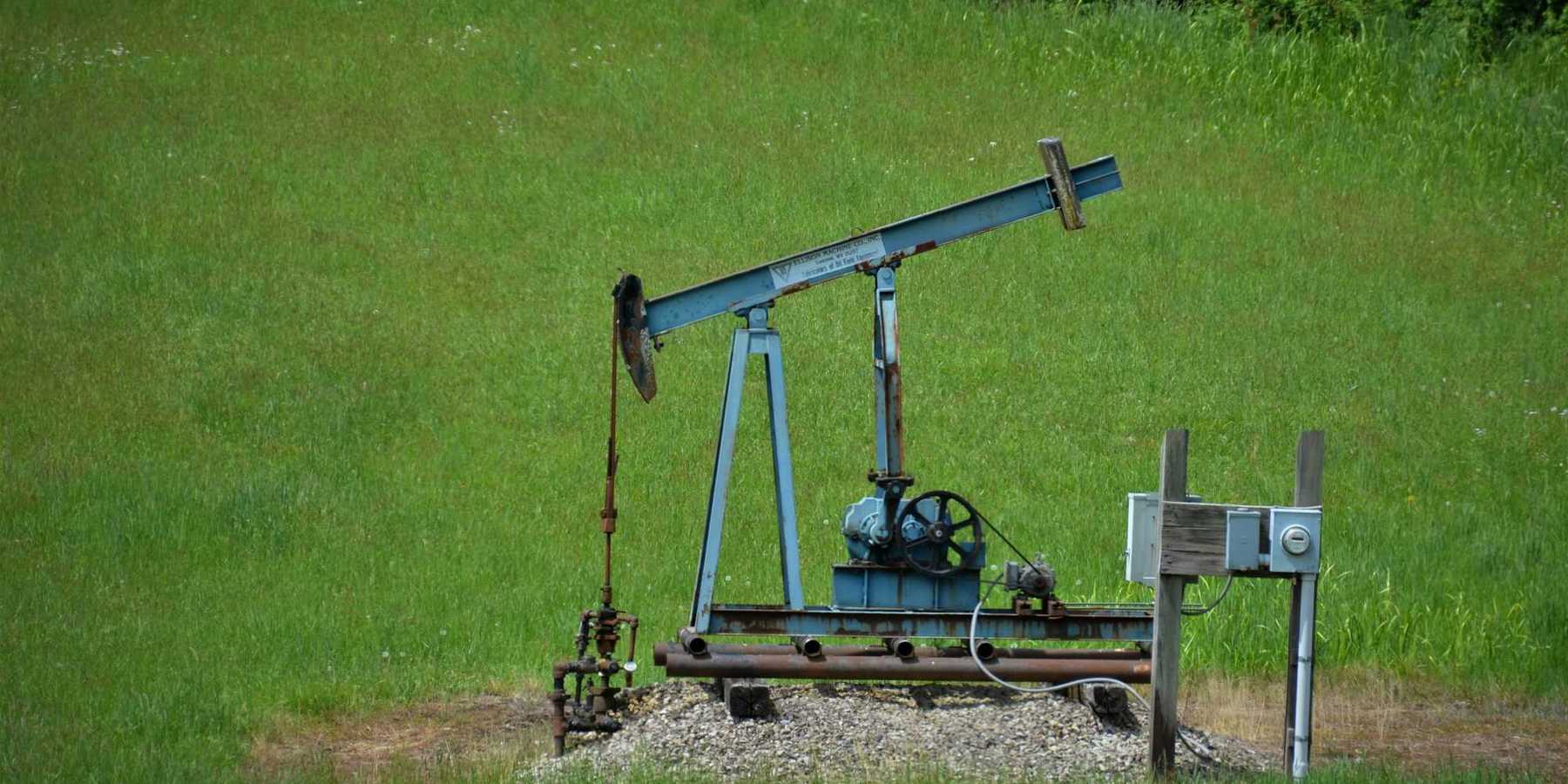risks
Opinion: Climate risks to nuclear sites escalate with changing weather patterns
In an era of escalating climate threats, nuclear facilities face unprecedented challenges.
In short:
- Climate change exacerbates the risk of wildfires and other natural disasters near nuclear sites, raising concerns about safety.
- Recent close calls at facilities like the Pantex Plant in Texas highlight the urgent need for better preparedness against natural disasters.
- Nuclear power plants and weapon complexes are increasingly vulnerable, with most U.S. plants unprepared for climate-induced disasters.
Key quote:
"We need to see more nuclear facilities developing resiliency mechanisms. Not just because of wildfires. We are entering an era where rapidly evolving risks are impacting nuclear operations."
— Nickolas Roth, senior director of nuclear materials security at the Nuclear Threat Initiative
Why this matters:
Nuclear facilities face escalating risks from climate change, including flooding, heatwaves, drought, and wildfires, which threaten their safety and efficiency.
Be sure to read: Disasters are not natural. We—humanity and society—create them and we can choose to prevent them.
New regulations aim to curb chemical disaster risks amid climate change threats
The Biden administration's latest move mandates nearly 12,000 chemical facilities to bolster defenses against climate-induced disasters.
In short:
- Facilities must now plan for climate change-related disasters like wildfires and floods to prevent hazardous material releases.
- New requirements include independent audits for sites with past incidents and improved information sharing with local communities and emergency services.
- Despite the advances, some critics argue the measures don't fully address the need for safer chemical and technological alternatives.
Key quote:
"We’re putting in place important safeguards to protect some of our most vulnerable populations."
— Janet McCabe, deputy administrator of the Environmental Protection Agency
Why this matters:
These regulations help ensure the safety of communities near chemical plants, especially as climate change heightens the risk of disasters.
EHN reporting: As unprecedented weather patterns continue, there is a fear of a ‘domino effect’ of multiple facilities having incidents at the same time, as in January 2023, when a tornado impacted the Houston-area Ineos plant and power outages caused operational issues at a nearby Shell plant, resulting in flaring.
Upcoming SEC vote on new climate information disclosure rule
The U.S. Securities and Exchange Commission is preparing to decide on a landmark rule mandating public companies to disclose extensive climate-related data, potentially reshaping corporate transparency on environmental impact.
In short:
- The rule would require companies to report how climate change and clean energy transitions impact their financial statements.
- Opposition from Republicans and business groups cite concerns over the rule's complexity and cost.
- Modifications to the initial draft could alleviate some requirements but still mark a significant move towards climate-related corporate accountability.
Why this matters:
This rule will help integrate climate risks into financial considerations, potentially influencing both investment strategies and public policy. It represents a substantial shift in how companies and regulators address the financial dimensions of environmental challenges.
Be sure to read Kristina Marusic’s piece: Oil and gas methane emissions in US are at least 15% higher than we thought.
Rising crop insurance payouts: Hidden cost of climate change
South Dakota farmers have received nearly $10 billion in payouts from the Federal Crop Insurance Corp. over roughly the past two decades, with payments specifically due to weather disasters rising significantly during that time.
Why people may take risks on bright, sunny days
It’s no surprise that weather can affect our mood. Bleak winter days can trigger sadness, while extra-hot days can make people feel angrier. But some research shows that unexpectedly nice weather can cloud our judgment and make us more optimistic.
WV leaders fight tighter carbon pollution standards amid public health risks from coal-fired plants
How can scientists better explain climate risks?
Climate scientists have long struggled to find the best ways to present crucial facts about future sea level rise to policymakers, stakeholders, and the general public, according to a new study.



